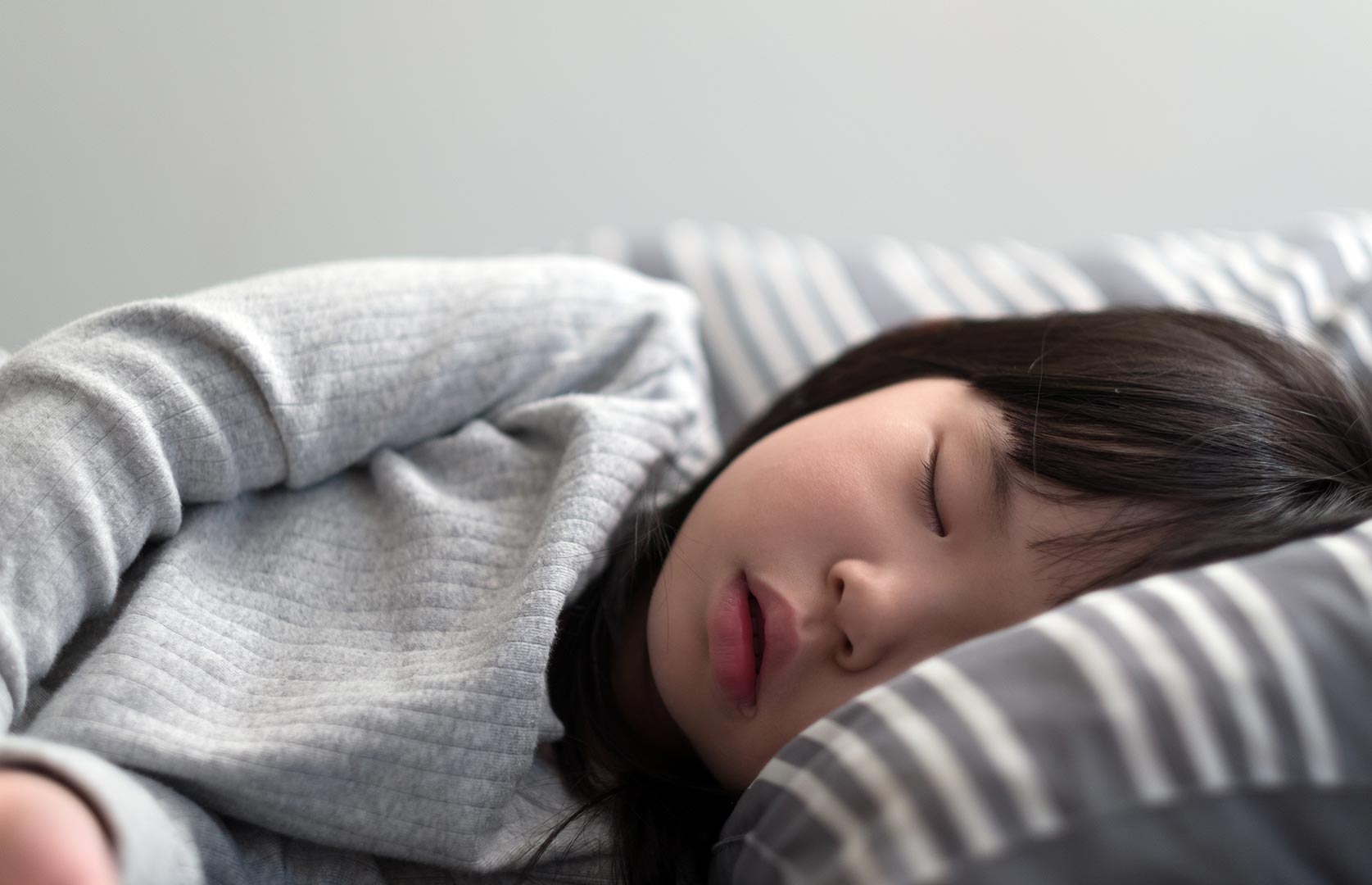Sleep is essential for everyone, but it can be especially important for children with autism. Children with autism are more likely to have sleep problems than other children, and these problems can have a significant impact on their overall health and well-being.
This blog post will provide a comprehensive overview of sleep and autism in children. We will discuss the different types of sleep problems that children with autism may experience, as well as the potential causes and consequences of these problems. We will also offer tips and strategies for helping children with autism get a good night’s sleep.
What are the different types of sleep problems that children with autism may experience?
The most common types of sleep problems that children with autism experience include:
- Difficulty falling asleep: This can be due to a number of factors, such as anxiety, sensory sensitivities, and difficulty winding down.
- Frequent night wakings: Children with autism may wake up multiple times during the night, and may have difficulty falling back asleep.
- Short sleep duration: Children with autism may not get enough sleep overall, even if they are able to fall asleep and stay asleep for long periods of time.
- Restless sleep: Children with autism may have restless sleep, characterized by tossing and turning, body rocking, and other movements.
- Parasomnias: Parasomnias are sleep disorders that involve abnormal behaviors, such as sleepwalking, night terrors, and sleep talking.
What are the potential causes of sleep problems in children with autism?
There is no single cause of sleep problems in children with autism. However, a number of factors may contribute, including:
- Melatonin dysregulation: Melatonin is a hormone that helps to regulate sleep-wake cycles. Children with autism often have lower levels of melatonin at night, which can make it difficult for them to fall asleep.
- Sensory sensitivities: Many children with autism have sensory sensitivities, which can make it difficult for them to relax and wind down before bed. For example, they may be sensitive to noise, light, or certain textures.
- Anxiety: Anxiety is common in children with autism, and can make it difficult for them to fall asleep and stay asleep.
- Medical conditions: Some medical conditions, such as gastrointestinal problems, seizures, and respiratory problems, can also disrupt sleep.
- Medications: Some medications that are used to treat autism symptoms, such as stimulants and antidepressants, can also interfere with sleep.
What are the consequences of sleep problems in children with autism?
Sleep problems can have a significant impact on the overall health and well-being of children with autism. Sleep deprivation can lead to a number of problems, including:
- Daytime behavior problems: Sleep deprivation can make it difficult for children with autism to control their emotions and behaviors during the day. This can lead to increased irritability, hyperactivity, and aggression.
- Cognitive impairment: Sleep deprivation can also impair cognitive function, including attention, memory, and learning.
- Mental health problems: Sleep problems can also increase the risk of mental health problems, such as anxiety and depression.
How can I help my child with autism get a good night’s sleep?
There are a number of things that you can do to help your child with autism get a good night’s sleep, including:
- Establish a regular sleep schedule: Go to bed and wake up at the same time each day, even on weekends.
- Create a relaxing bedtime routine: This could include taking a bath, reading a story, or listening to calming music.
- Make sure that the bedroom is dark, quiet, and cool: Avoid screens in the bedroom before bed, as the blue light emitted from these devices can interfere with sleep.
- Avoid caffeine and sugary drinks before bed: These substances can make it difficult to fall asleep.
- Get your child regular exercise: Exercise can help to improve sleep quality, but avoid exercising too close to bedtime.
- Talk to your child’s doctor: If you are concerned about your child’s sleep, talk to their doctor. They can help to rule out any underlying medical conditions and offer additional advice and support.
Sleep is essential for the overall health and well-being of all children, but it is especially important for children with autism. Sleep problems are common in children with autism, but there are a number of things that you can do to help your child get a good night’s sleep. If you are concerned about your child’s sleep, talk to their doctor.





Leave A Comment